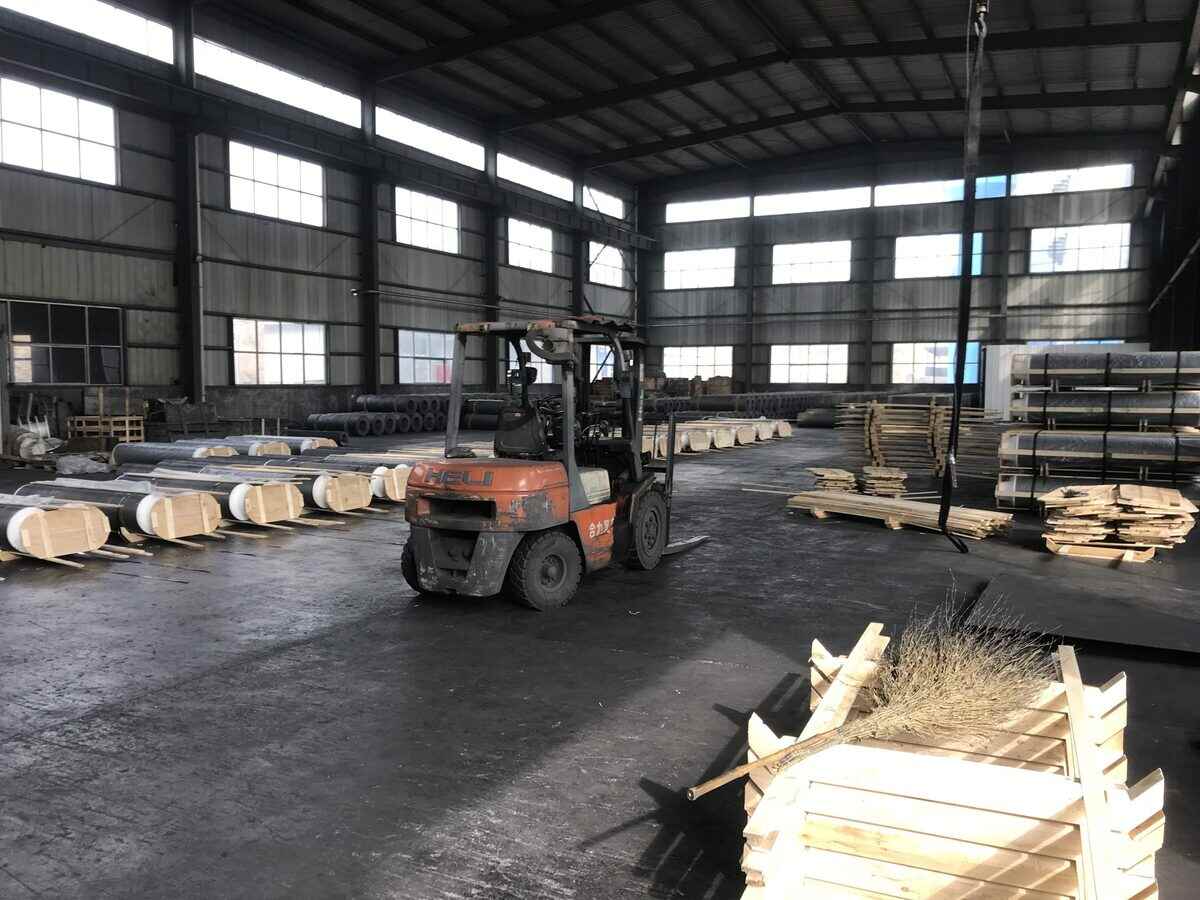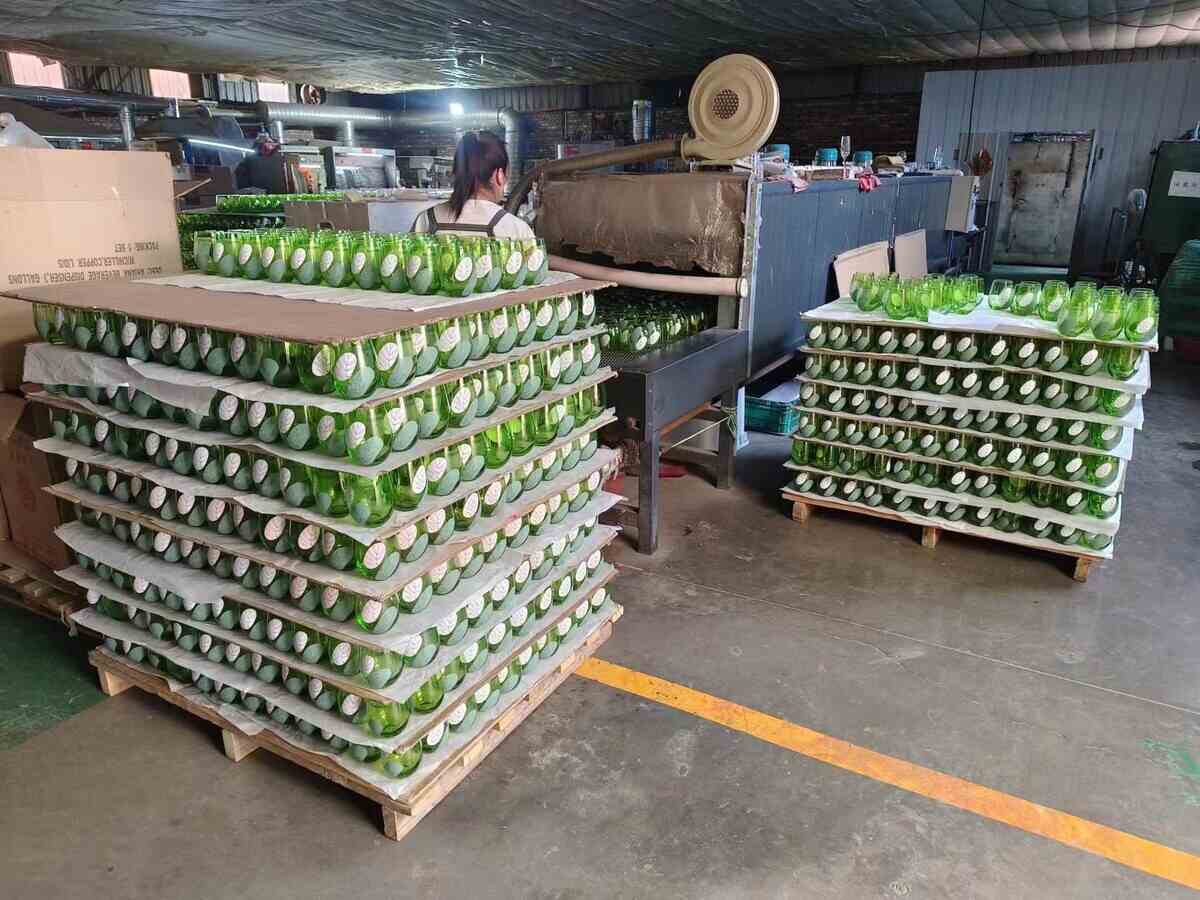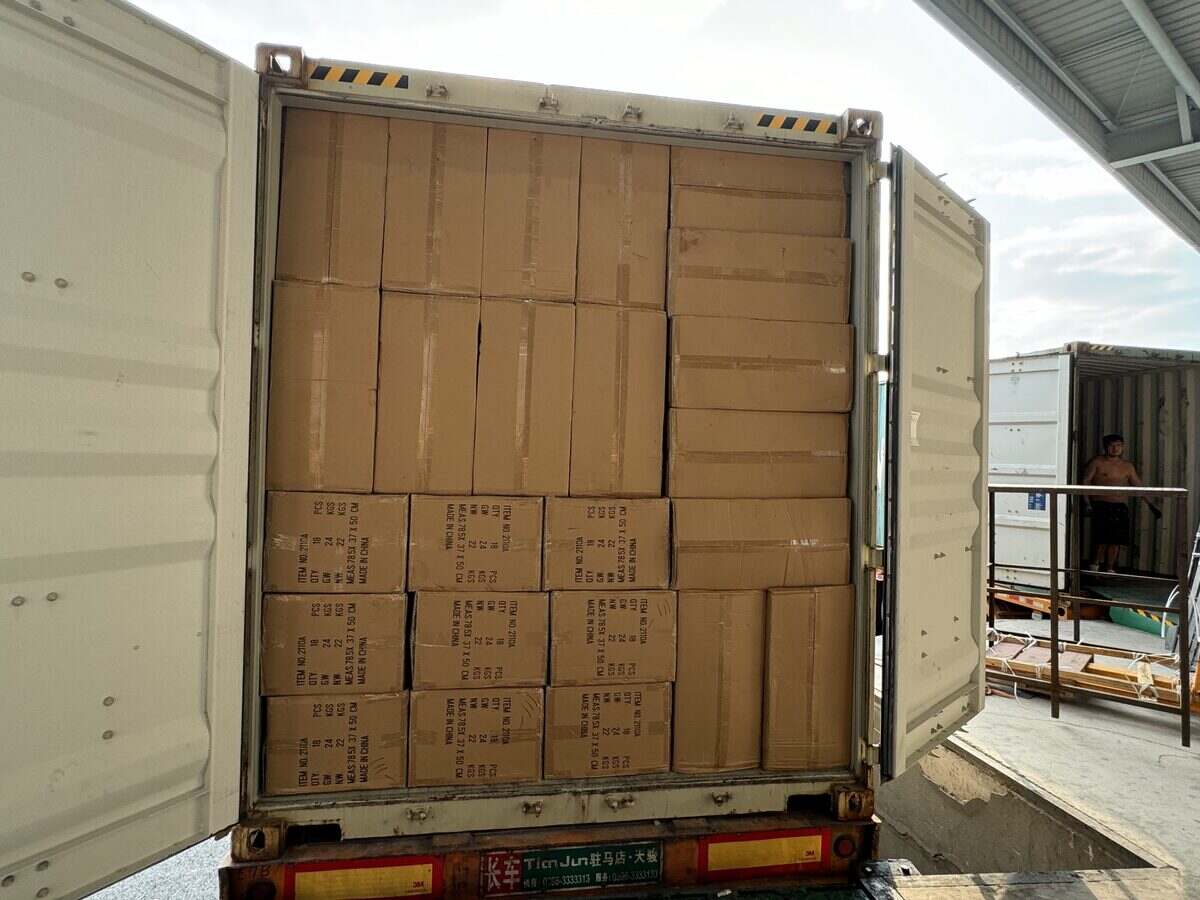Home » How to Safely Import Goods from China
How to Safely Import Goods from China
The Importance of Safe Importing from China
You’ve decided that importing goods from China is the right step for the growth and expansion of your business, but you don’t know where to start or how to protect yourself during this process. Unfortunately, we receive inquiries several times a month from people who believed importing from China was the right move for their business but didn’t know how to execute it safely. By that point, there’s often nothing we can do to help them.
For this reason, we’re sharing ways to protect yourself in advance and conduct business with China safely, allowing you to continue growing your business with peace of mind
Key Steps in the Import Preparation Process

The first step in the process of importing goods from China is knowing exactly which product you want to import. Although it may sound simple, it is crucial to understand the detailed specifications of the desired products, as this will allow you to make a good selection of suppliers.
Once you have defined the exact specifications of the product, we recommend immediately checking the export conditions from China and the import conditions in the destination country. This way, you avoid wasting time with suppliers who cannot provide all the necessary documentation and certifications.
After obtaining information about import requirements, knowing your product specifications, and having a rough idea of the quantities you wish to order, you can begin your search for factories and suitable suppliers in China.
How to Find Reliable Suppliers in China
When it comes to suppliers in China, you can choose between factories and traders. Whom you choose depends on your current needs, capabilities, and desired quantities.
For example, factories often have specific minimum order quantities (MOQ) required to fulfill an order, but they offer better prices, modification options, and product branding.
Traders, on the other hand, are more flexible regarding quantity, and depending on their purchase price, you may get a good offer. However, traders often add their own margin, so there are no fixed rules—it’s best to research multiple suppliers and compare their terms.
The most common way to find suppliers is through popular platforms like Alibaba, AliExpress, Global Sources, and Made in China. When sourcing suppliers through these platforms, pay attention to ratings, user reviews, and gather as much relevant information as possible about the selected supplier.
In our experience, the only way to truly verify a factory in China and ensure its legitimacy and operations is to send an inspector to the factory’s location. This allows verification of the factory’s organizational structure, documentation and licenses, production facilities, and the products themselves. This is how we conduct factory inspections for our clients, and we recommend the same approach to you.
Beyond online searches, reliable suppliers can also be found at trade shows and conferences, such as the renowned Canton Fair. Trade shows are a great opportunity to see new trends, popular products, and conduct market research. However, experience has shown that product prices at such events are often higher and challenging to renegotiate later.
You can also visit wholesale markets in China, depending on the type of goods you’re interested in. One of the best-known wholesale centers for consumer goods is the Yiwu market, where our headquarters is located. Ultimately, the type of goods you want will determine which market to visit
Quality Control and Contract Signing

Depending on the type of order you plan to place, consider creating and signing a contract with the factory. Most factories have their own standard contracts, and you should receive a version in both Chinese and English. Ensure that these two versions do not differ, as discrepancies can occur.
Ideally, if possible, create your own contract version with all the product specifications and terms agreed upon between you and the factory. We strongly advise using contracts for high-value orders, large (container-sized) quantities, and custom production runs.
Experience has shown that contracts between a Chinese factory and a company located overseas are challenging to enforce, so we recommend hiring a lawyer to help you secure the best possible protection.
Our company, SaiMai, is located in China, and when we sign contracts with factories in China, jurisdiction belongs to the Chinese courts, which handle these types of cases efficiently. This approach ensures complete protection for our clients.
In addition to contracts, we recommend quality control for ordered goods. Depending on the type and requirements of the order, quality control can be performed at the start of production, after production completion, and during loading.
An inspector visits the factory to check the products according to all agreed standards and requirements. If possible, the inspector should have an approved sample or detailed product information to conduct a proper inspection. You receive a full report, and only after your approval does the factory proceed with packaging and loading the goods.
It’s advisable to conduct quality control with every import, as it’s common for the first few imports to go smoothly, only for the factory to later change certain product specifications or aspects of the previous collaboration (putting it nicely).
Transport and Freight Organization

There are several ways to organize the transport of goods from China, including sea (shipping), air (airfreight), and land (rail) transport. The type of transport you choose depends on your needs and resources.
Sea transport is the most common choice for importers from China due to its good balance of cost and quality. The route from a Chinese port to the port of Rijeka (the most common arrival port) typically takes 35 days under normal circumstances. Currently, it ranges from 40 to 70 days due to the wartime situation, although normalization of shipping routes is on the horizon. You can have goods equivalent to a full container load (30, 60, or 70 cubic meters) or opt for consolidated shipping. In the latter case, you pay for transport by cubic meter, with rates that are typically valid for 7 to 14 days, as transport prices fluctuate.
Air transport is ideal if quick delivery is essential, you have a good profit margin, and you’re shipping a small, lightweight package. Air transport usually takes 3 to 10 days. Pricing is volume-based and varies daily. One cubic meter of goods is calculated up to 168 kg (depending on the transport agency), and volume is adjusted based on whether the goods exceed weight or cubic dimensions.
Rail transport is currently the most expensive option, but the line is direct (to Belgrade) and takes about 30 days. It’s typically used for orders equal to a 40HQ container (70 cubic meters).
Transport of hazardous goods, such as items with batteries, standalone batteries, liquids, powders, etc., requires additional procedures and specific certifications and documentation. It’s best to inquire about these requirements in advance.
If you’re transporting a full container load, you can organize loading directly at the factory, reducing certain costs. For goods from multiple factories, goods are gathered in one warehouse (goods consolidation), combined, and loaded for shipment.
Standard import and customs documentation includes the invoice, a translated invoice with the HS code on company letterhead, SWIFT as proof of payment, a packing list (which contains information on goods, quantities, cubic volume, and weight of each product package), and any required certificates depending on the type of goods.
Always insure your goods through a transport agency; the fee is minimal, providing you with peace of mind.
Common Risks in Importing and How to Avoid Them
Since many links are involved in the import process, there are numerous opportunities for errors if you lack experience and don’t prevent them in time. Naturally, the risks vary depending on the type of import you’re handling and the requirements you have for all the involved parties.
The first and most important step is to ensure that you can trust your supplier, that the company truly exists, and that you won’t end up with a container full of sand or shirts with one sleeve when the entire process is complete (yes, these things have actually happened to companies who reached out to us for help).
When negotiating prices with suppliers, be cautious and don’t compromise on desired quality. This goes back to knowing your product specifications. Sometimes, suppliers agree to a better price to secure your business, but it often comes at the cost of quality (e.g., a product that should weigh 100g ends up weighing 70g). Quality control is essential to ensure everything is according to plan and to make importing from China a secure process.
Be mindful of delivery timelines and always allow for possible delays. Stock might be sold out, production could take longer than expected, quality control may reveal issues that require some percentage of products to be redone, and transport times have varied significantly due to the current wartime conditions in that part of the world.
This is especially important if you plan on consolidating goods to avoid additional warehouse costs or the need to arrange separate shipments, which can lead to doubled expenses.
It’s true that it’s challenging to provide universal advice and information on importing since everything depends on individual cases.
If you’re working with one factory, buying readily available products, handling non-hazardous goods where quality isn’t critical, and shipping directly—then you have fewer concerns.
However, if you’re seeking custom production, high quality, goods from multiple suppliers, fragile items, or planning frequent imports, the advice, processes, and risks will vary.
In any case, we are here to ensure the safety of your imports.
Conclusion: Security as the Key to Successful Import

Importing goods from China is a lengthy process, but the good news is that once you find the right partners, each subsequent import becomes easier and more worry-free. Despite the abundance of available information, it’s essential to receive guidance tailored to your specific needs and the products you intend to import.
The most important aspects to keep in mind are:
Choosing a Supplier
Thoroughly check the reliability and legitimacy before ordering goods and paying the invoice. You can use our factory inspection service if you’re unsure how to conduct the verification yourself.
Regulatory Compliance Verification
Don’t wait until just before loading to discover you’re missing a document that the factory cannot provide. Verify all information in advance.
Contract Signing
Consult with a lawyer to find the best solution for your needs. Our experience shows that the best option, offered to all our clients, is for the company in China to sign a contract created by our lawyer with the factory in China, ensuring you are fully protected.
Quality Control
Be confident in the goods you have ordered.
You can opt for quality control as an individual service from the SaiMai team. Contact us with the factory information, and we will organize everything based on your needs, providing you with a 20+ page report for approval.
Transport
Decide on the type of transport that suits you based on your operational timeline, the type of goods you are importing, and the cost. Check if your product falls under dangerous goods and what is needed to ensure a smooth transport process.
Customs Procedure
We recommend that customs clearance be handled by a freight forwarder who initially checked all procedures and required documentation during your preliminary research. Let them confirm if certifications are necessary and if the goods require sanitary inspection, as these can incur additional costs and impact your decision.
SaiMai, as an agent in China, manages the import process so clients don’t need to worry about any of these aspects. Our experience with importing various types of goods, reliable partners, and an excellent team enable us to meet all your import needs, leaving you to simply know the details of the products you want and collect them in your warehouse.
Consult with professionals and ensure a safe import process from China. When problems arise, it’s often too late to react, and it requires a much greater investment to resolve them.
Contact Us
What is most important when importing goods from China?
Reliable suppliers and partners, regulatory compliance checks, quality control, and import security.
What are the most common risks in importing goods from China?
Working with unreliable suppliers, poor product quality, delivery of a product different from what was ordered, unsafe transport, and delays.
How to verify a supplier before ordering goods?
Factory inspection requires an inspector to visit the factory’s location and check every aspect of its operations, including employees, licenses, and production facilities.
What services does SaiMai provide in the import process?
The service package covers all import needs, from factory sourcing, factory inspections, quality control, and goods consolidation to transport and freight forwarding.
Nikola Mraovic

Services
Subscribe for News from the World of Trade with China

